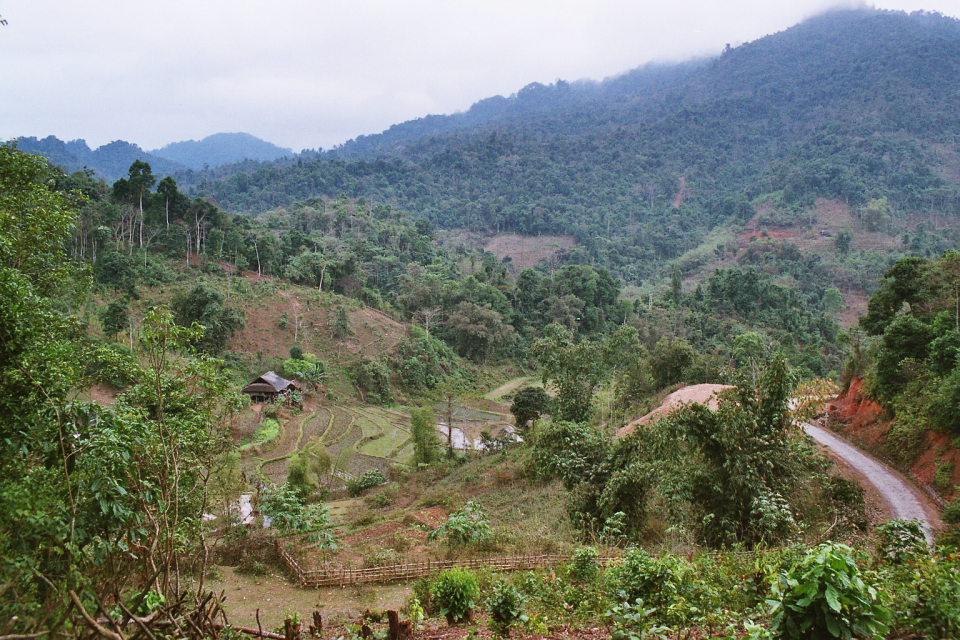Context and objectives
Land abandonment and forest recovery is often taking place on marginal lands, such as mountain environments. Assessing the rate, spatial patterns and ecosystem impacts of forest cover change in these environments is challenging given the ruggedness and inaccessibility of mountains. Remote sensing methods are the privileged tool, and yet suffer from methodological challenges due to topographical and shadowing effects. Recent techniques have been developed to correct high and very high resolution imagery for radiometric and geometric distortions, and illumination and shade effects on accidented surfaces. These sophisticated correction methods are not only highly labour intensive, but also demand site-specific calibration which makes it particularly difficult to apply them in streamlined processing schemes. At present, it is not clear what the added value of complex preprocessing techniques is compared to relative simple empirical methods and to what extent more sophisticated processing enhances results of subsequent analyses. This project specifically addressed this methodological research question, and developed an optimal preprocessing chain to be used for semi-automatic analyses of high resolution satellite data on mountainous terrain. The project aimed at a better understanding of the impact of preprocessing techniques on the detection accuracy of forest transitions and the mapping accuracy of ecosystem services.
Project outcome
The project achieved the following results: (i) evaluation of the sensitivity of the parameterization of biophysical attributes from remote sensing to the level of correction for possible distortions due to topographic effects, illumination and shadowing, and preceding rainfall, (ii) testing and application of an optimal preprocessing chain for monitoring forest cover change and ecosystem services, (iii) new insights in the impact and feedback mechanisms of forest transitions on ecosystem services.
The results of this study on forest transition are very relevant for climate change policies and possible future obligations of countries with respect to limitations of GHG emissions from land cover activities (reforestation and avoided deforestation) as part of the Reduced Emissions from Deforestation and forest Degradation (REDD) scheme.
| Project leader(s): | UCL - Georges Lemaître Centre for Earth and Climate Research | |||||
| Belgian partner(s) |
|
|||||
| International partner(s) |
|
|||||
| Location: |
Region:
|
|||||
| Related presentations: | ||||||
| Related publications: |
|
|||||
| Website: | http://www.elic.ucl.ac.be/modx/elic/index.php?id=127 | |||||
